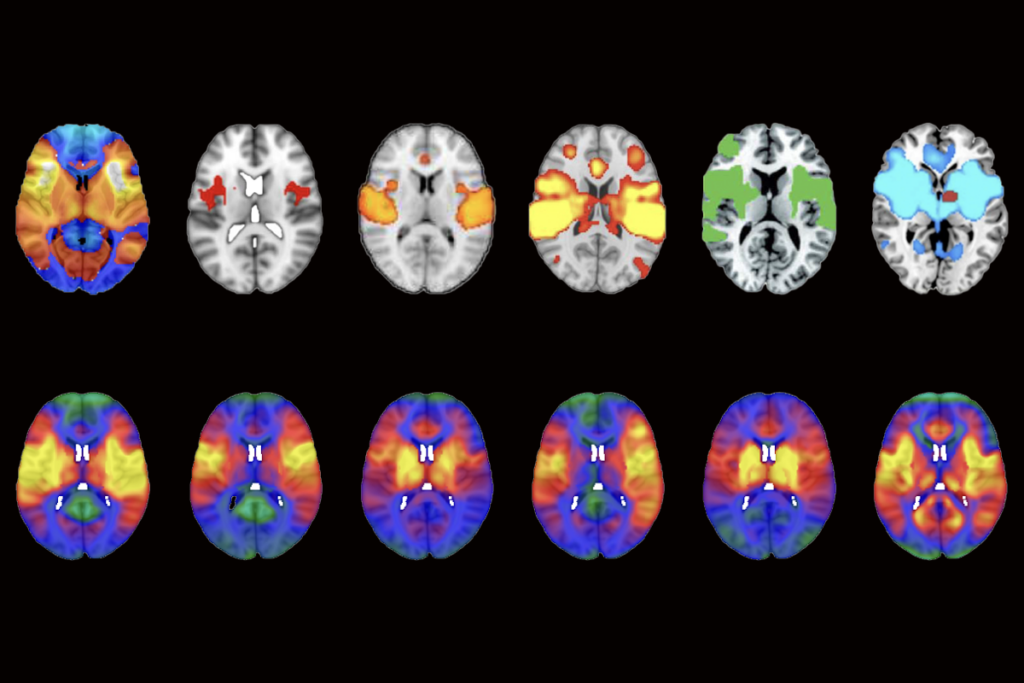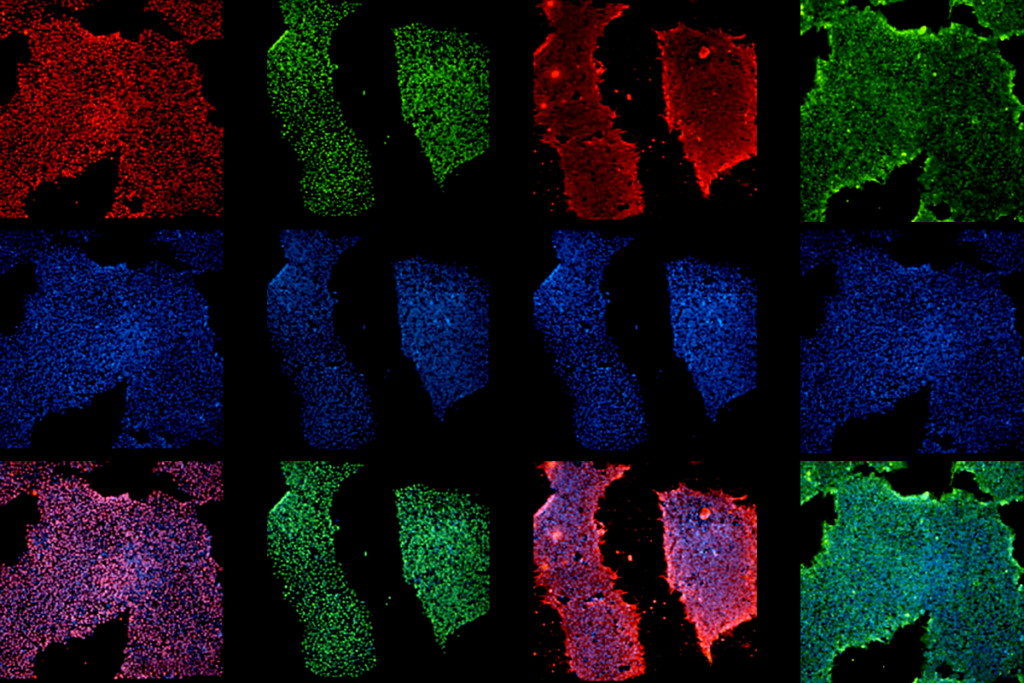ACS 2012
Recent articles
Mutations in both gene copies more common in autism
People with autism are twice as likely as controls to have mutations that disable both copies of a gene, according to preliminary research presented Wednesday at the Autism Consortium Research Symposium in Boston.

Mutations in both gene copies more common in autism
People with autism are twice as likely as controls to have mutations that disable both copies of a gene, according to preliminary research presented Wednesday at the Autism Consortium Research Symposium in Boston.
Autism Speaks launches scheme to develop drugs, devices
The research and advocacy organization Autism Speaks plans to launch a nonprofit arm that will fund companies to develop treatments for the disorder, Robert Ring, head of translational research for the organization, announced yesterday at the Autism Consortium Research Symposium in Boston.

Autism Speaks launches scheme to develop drugs, devices
The research and advocacy organization Autism Speaks plans to launch a nonprofit arm that will fund companies to develop treatments for the disorder, Robert Ring, head of translational research for the organization, announced yesterday at the Autism Consortium Research Symposium in Boston.
Explore more from The Transmitter
Methodological flaw may upend network mapping tool
The lesion network mapping method, used to identify disease-specific brain networks for clinical stimulation, produces a nearly identical network map for any given condition, according to a new study.

Methodological flaw may upend network mapping tool
The lesion network mapping method, used to identify disease-specific brain networks for clinical stimulation, produces a nearly identical network map for any given condition, according to a new study.
Common and rare variants shape distinct genetic architecture of autism in African Americans
Certain gene variants may have greater weight in determining autism likelihood for some populations, a new study shows.

Common and rare variants shape distinct genetic architecture of autism in African Americans
Certain gene variants may have greater weight in determining autism likelihood for some populations, a new study shows.
Bringing African ancestry into cellular neuroscience
Two independent teams in Africa are developing stem cell lines and organoids from local populations to explore neurodevelopmental and neurodegenerative conditions.

Bringing African ancestry into cellular neuroscience
Two independent teams in Africa are developing stem cell lines and organoids from local populations to explore neurodevelopmental and neurodegenerative conditions.